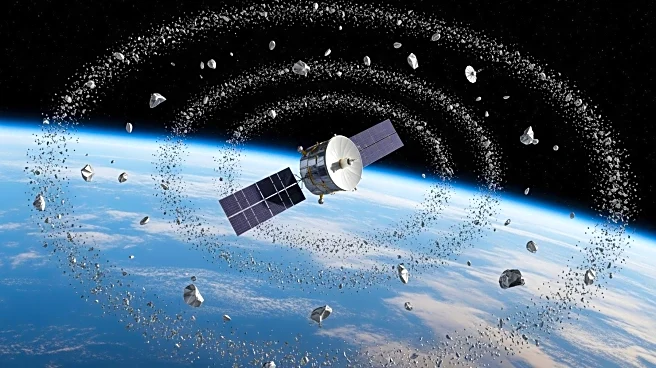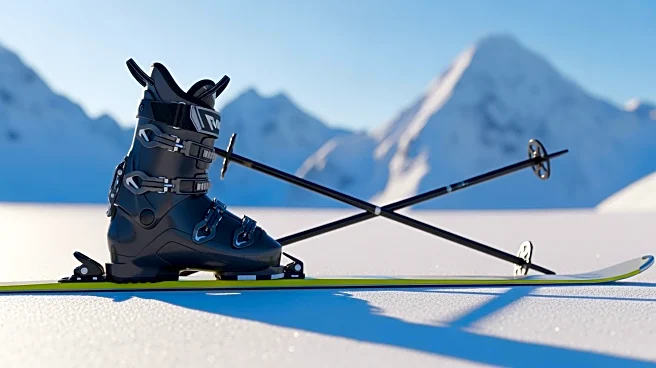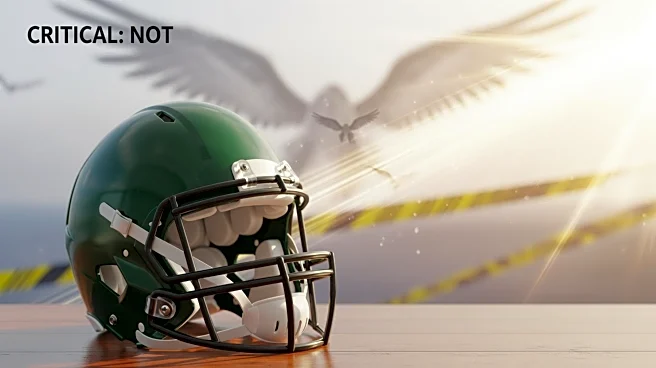What's Happening?
The European Space Agency (ESA) has introduced a space environment health index to assess the long-term impact of space debris on Earth's orbit. Currently, nearly 30,000 tracked pieces of debris are orbiting Earth, posing risks to satellites and space missions.
The index evaluates factors such as object size, orbit duration, and collision risk, providing a score that reflects the potential impact on orbital health. The ESA aims to promote better practices to mitigate debris generation and ensure sustainable space operations.
Why It's Important?
The accumulation of space debris threatens the safety and functionality of future space missions, including weather satellites, GPS systems, and internet services. The ESA's index provides a quantifiable measure of the risks associated with space activities, encouraging better design and disposal practices. By highlighting the overcrowded state of Earth's orbit, the index serves as a tool for policymakers, regulators, and mission designers to make informed decisions that prioritize orbital sustainability.
What's Next?
The ESA's Zero Debris goal aims to stop all debris generation from its missions by 2030, emphasizing the need for immediate action to prevent further deterioration of orbital health. The index could influence licensing and insurance assessments, encouraging satellite operators to adopt cleaner practices. As space activities continue to grow, the index will play a crucial role in shaping policies and strategies to maintain a safe and sustainable orbital environment.
Beyond the Headlines
The introduction of the space environment health index highlights the growing concern over space debris and its long-term implications for space exploration. It underscores the need for international collaboration and regulatory frameworks to address the challenges posed by debris accumulation. The initiative reflects a proactive approach to ensuring the future viability of space operations, emphasizing the importance of responsible stewardship of Earth's orbit.















